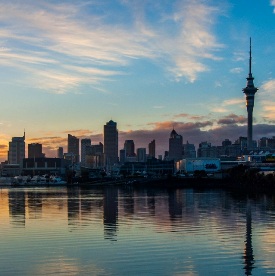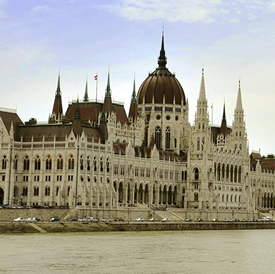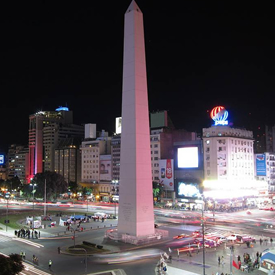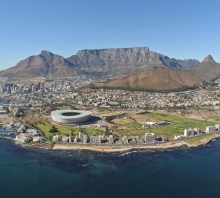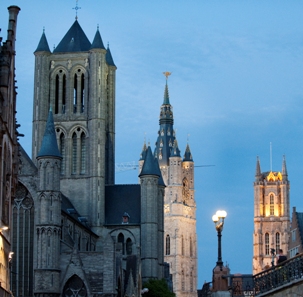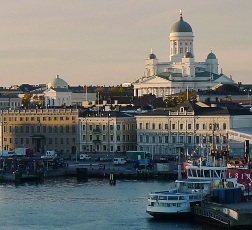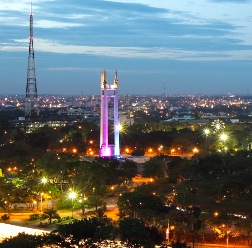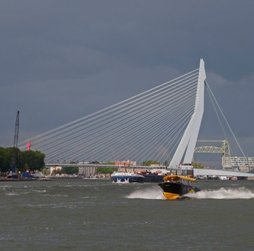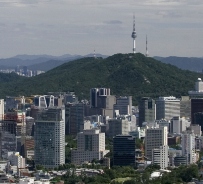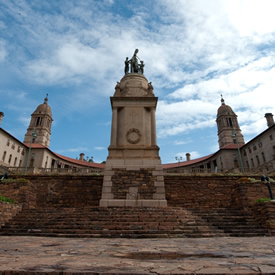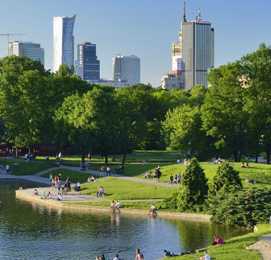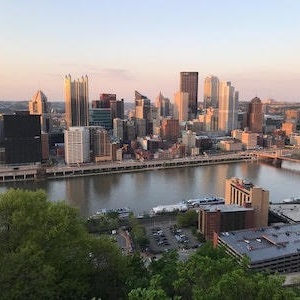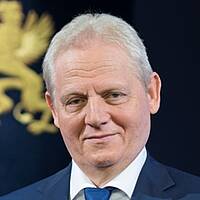BUDAPEST - Hungary
Sustainable Procurement Targets
By 2020, 100% of the procurement processes will integrate sustainability and green aspects.
By 2020, 70% of the newly purchased public transportation vehicles in Budapest will be clean.
By 2020, at least 30% of the evaluation criteria in the procurement processes will be determinded upon sustainable principles.
By 2020, at least one training program per year will be accomplished for the employees.
By 2025 more than 900 new electric chargers will be installed in the city.
Sustainable Procurement in Budapest
Budapest is the capital and the largest city of Hungary. It is the country’s principal political, cultural, commercial, industrial, and transportation centre. The city is situated along the Danube, in the heart of the Carpathian basin.
Budapest never had a specific sustainable procurement strategy, however the leaders of the city were always keen on protecting the environment. The city is part of a number of environmental initiatives and is eager to participate in such projects. Being a part of this network is a big challenge, but also a big opportunity.
Moreover, a new procurement system was implemented at the start of 2016. The Municipality’s former Procurement Department was divided into a new procurement company and to the Procurement Unit of the Notary’s Office. Beside these two, there are a lot of public utility companies with their own procurement staffs, so the system is very decentralized with a lot of decision-makers involved. The Notary’s deputy is also involved in procurement processes.
To apply a joint, city-wide sustainable procurement system, Budapest has a lot of work to do, but environmentally friendly thinking and sustainability aren’t unknown concepts within the city. Most of the utility companies already had some forward-thinking processes conducted, for example:
- A new Central Sewage Farm was established in 2010 and a project called Complex Integrated Sewage Disposal was launched in 2013 in order to reduce the amount and – at the end - eliminate wastewater getting discharged into River Danube. The project ends in 2018.
- In 2014 a public bicycle-sharing system called BuBi was inaugurated to help reduce the CO2 emissions.
- The Metropolitan Public Domain Maintenance Company introduced a new curbside waste collection system, in which households were supplied with the necessary containers to be able to collect the waste selectively.
- Two new Recycling and Education Centers were built to not only provide places for hazardous garbage disposal, but to establish institutions where kids can learn about the importance of sustainability.
The main task is to incorporate these intentions to create a joint strategy to make Budapest more environmentally conscious. It is also crucial to provide training on sustainable procurement to the procurement staff within the Mayor’s Office and other key procuring departments. The market engagement and prior consultation methods also need some further development, but Budapest is in a great place to become the leader of sustainable procurement in the region. Also, the city is very eager to get acquainted with best practices from around the globe and be an active member of the Global Lead City Network.
The Budapest Environmental Program (2017-2021) was accepted by the General Assembly on the 30th of August 2017. It declares the intention of realizing innovative and sustainable procurements while aiming high quality and effectiveness, but minimizing the environmental footprint of the purchases. The target for 100% sustainable procurement processes means that every procurement shall contain or shall be driven by at least one issue, item, contractual obligation under the umbrella of sustainability. Those public procurements which are financed from EU funds compulsorily have to focus on green criteria and have to contain such contractual provisions upon the Grant Agreements. Those that are financed from the municipal budgets try to follow these ambitions and use sustainable and green evaluation criteria, suitability criteria and build such provisions in the agreements to be concluded as the result of the procurement processes.
Capital of Hungary
>1,7 mio Inhabitants
525.2 km² Area
3,351/km² Density
Joined 2016

Sustainability Targets
By 2020, 21% reduction of CO2-emission and increased energy savings.


